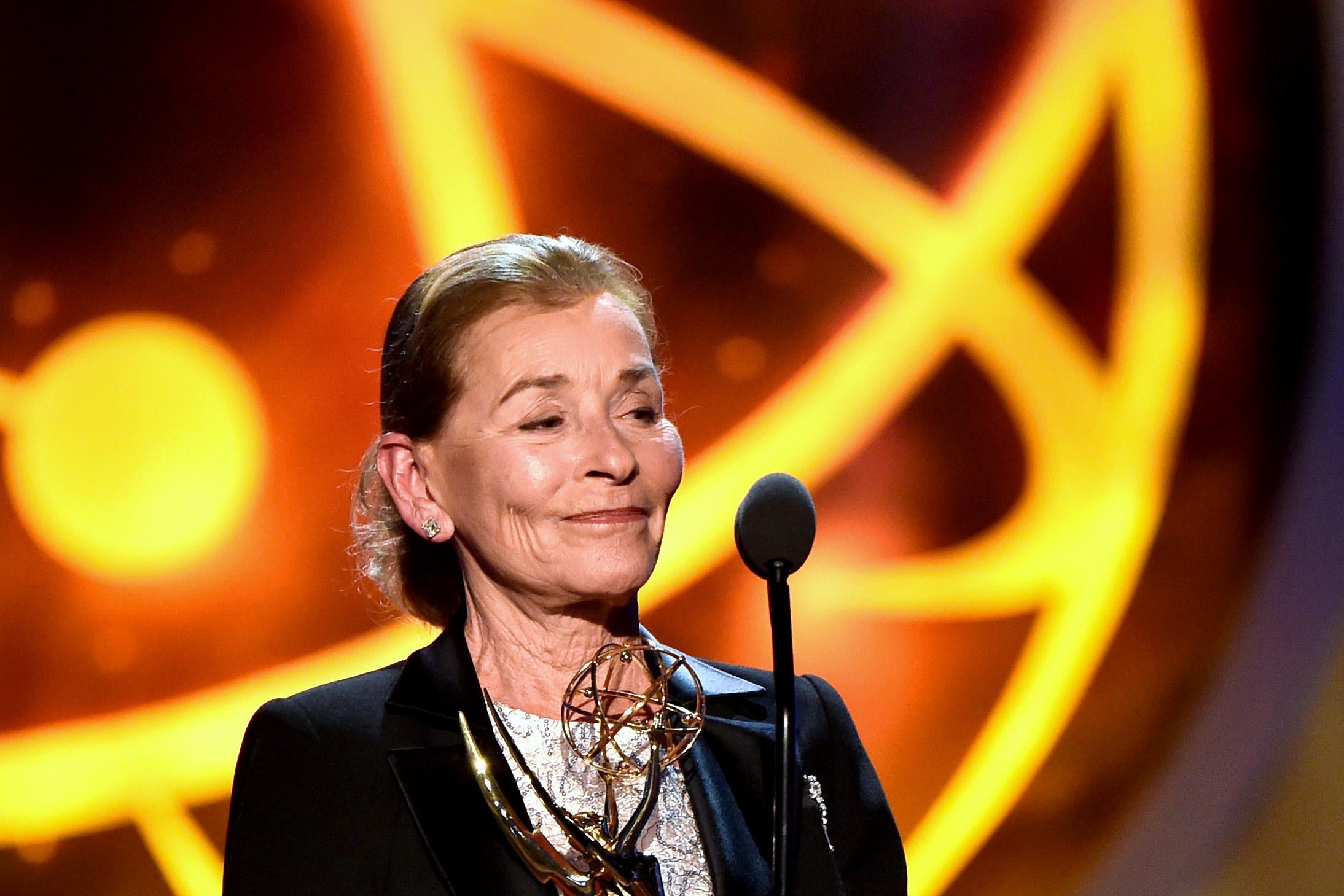The 1993 Los Angeles Times article that first brought Judith Sheindlin national attention begins with the case of a crack-addicted mother who gave birth in a bathroom, unattended. The mother pushed, and her infant fell to the floor and broke his skull. Sheindlin, then a Manhattan Family Court judge, wondered aloud if there was anything to be done about the woman. A moment later, she clarified: “Can we stop her from populating half the planet?”
Stories like this are noticeably absent from Jazmine Hughes’ glowing New York Times Magazine story about Sheindlin, which devoted several paragraphs to her new hairstyle (a clip-on ponytail) but none to the allegations that dogged her throughout her career: that she is both racist and profoundly contemptuous of the poor. Judge Judy is essentially a performer now, but for over 20 years, first as a prosecutor, and then as a judge in New York Family Court, she had real power over the lives of the very poor. I represented children in New York Family Court for three years and saw day in, day out, people who had lived through inconceivable suffering. Although that was long after Sheindlin had left for TV, it turns my stomach to think about beaten-down people like the ones I saw subjected to Sheindlin’s performative antics. These people were not, like those in her televised courtroom, choosing to participate for their 15 minutes of fame. Her sharp tongue, which plays so well on TV, caused those who saw her at work in family court to consistently describe her as “needlessly cruel.” Her show, meanwhile, is usually described as successful because she “tells the truth”—and not because America has a long history of finding it fun to watch vulnerable people be subjected to humiliation.
Sheindlin’s books give a startling look into how her mind works, and what they reveal is disturbing. They traffic in two major stereotypes that have been rightfully maligned as racist, as well as untrue. The first is the 1990s bogeyman, the superpredator, a species of (usually black) juvenile delinquents—she literally describes them as a “new breed”—so fundamentally without conscience that they needed to be locked up rather than make any attempt at reform. In writing about them, she reduces them to numbers, her contempt practically oozing: “First up is Elmo, fifteen, who weighs 160 pounds and has an IQ of 90.” What we’re supposed to make of his fairly average weight and IQ, I’m not sure, but it’s clear that she thinks both render him somehow subhuman.
The second stereotype is the welfare queen, an epithet Sheindlin applies to foster parents. She reserves particular vitriol for “kinship” foster parents: grandparents or other family members who cannot afford to care for their relative’s children without help from the government. She tells an almost certainly apocryphal story about a kinship foster parent with a black AmEx card that Sheindlin notes she herself couldn’t qualify for.
In my years representing children in the foster care system, I’ve seen plenty of foster parents who misused foster care payments, and many who took in more children than they could adequately care for. Not a single one of them was getting black AmEx card rich, nor ever making more than the judges. Her story literally doesn’t add up. In the early ’90s, Sheindlin told a similar story at a city forum (this time, the villain of her story built herself a house in Puerto Rico with foster payments). The then-head of the mayor’s task force on foster care described herself as “offended” and asked, “Is this the way a judge is supposed to talk about poor people?” The NYTM article briefly mentions one of the most egregious lines in her books—where she refers to domestic violence victims as “dopes”—but returns immediately to the praise, and to the idea that she just wants us all to “better ourselves.”
Although the Times profile briefly raises the issue of systemic injustice, Sheindlin responds that she considers the subject “beyond my pay grade” and can only reckon with the defendant in front of her. In Hughes’ framing, that “creates a world in which prejudice has no power and people are rewarded or punished simply for their actions, not for who they are.” It’s an appealing fiction, and one that Sheindlin has very successfully sold. Because she worked in a court that still gets little attention, and because the people she harshly sentenced were juveniles, she has fully transcended her past, even in a country that has, slowly, begun to grapple with the high human cost of harsh sentences and overzealous prosecution—the recent reckoning around Linda Fairstein’s conduct being the most recent high-profile example. Sheindlin, meanwhile, carries on, winning lifetime achievement Emmys, earning hundreds of millions of dollars, and amassing liberal fans who seemingly don’t seem to notice, or care, that they are celebrating someone who believes in eugenics and mass incarceration, and whose entire career is based on exploiting and berating the poor.
